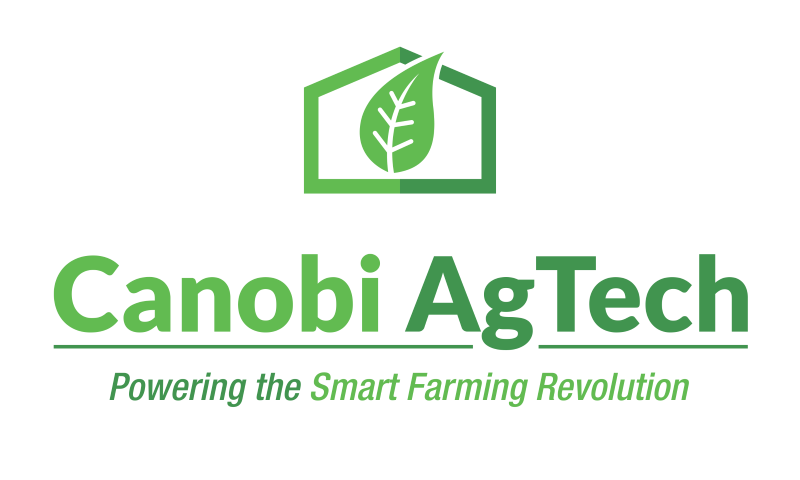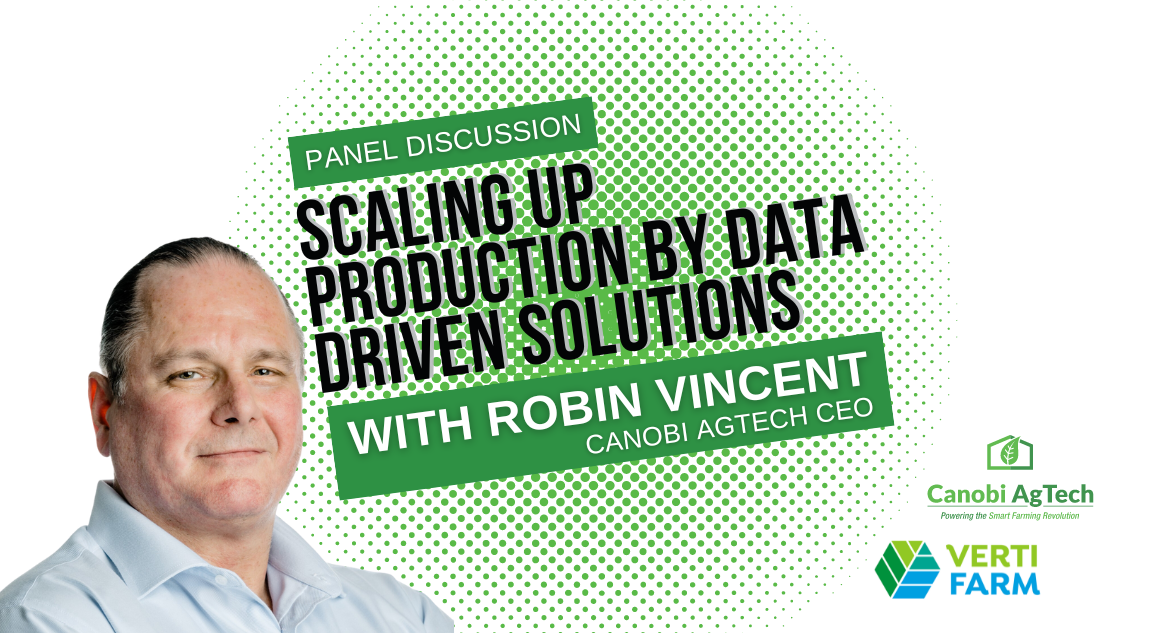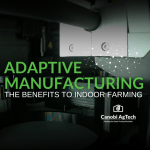Here at Canobi, we believe that collaboration and teamwork is necessary for the success of any farm. The same is true of the farming community. As controlled environment agriculture (CEA) continues to expand in popularity, we have been excited to participate in many international trade shows. These exhibitions are a great place to exchange ideas and share the challenges that drive innovation.
In September of 2022, Canobi was pleased to attend the inaugural Vertifarm conference in Dortmund, Germany. The event, run in partnership with the Association for Vertical Farming (AVF), focused on the potential of CEA to provide fresh food to densely populated areas, as well as its future potential as a backbone of global food production. The AVF is a non-profit organization which operates around the world and is dedicated to facilitating international exchange and cooperation with the aim of accelerating the development of Vertical Farming. The AVF opened its North American chapter in June of 2021 and two of Canobi’s leaders are proud to hold executive positions there.
While attending Vertifarm, Canobi CEO Robin Vincent was invited to participate in a panel discussion on ‘Scaling up production by data driven solutions’. Along with Robin, the other participants were Renko Schuil from TTA (a company which focuses on automating the processing rather than growing side of CEA) and Bart ’t Hoen from Hoogendoorn (a company which automates growing processes and climate control). The discussion covered topics related to data driven solutions including: what data should be collected, how it should be used, and challenges in CEA.
As Robin points out in the panel, there are three types of basic data which can be collected on a farm:
- Sensor data – keeps a grower informed on climate and growing conditions
- Automation data – monitors farm activities
- Business data – deals with all the other aspects of running a farm
There are many benefits to any farm in tracking and recording data for each crop. Data from several growing seasons can be combined into a formula for success crop-over-crop. Alternately, having data stored from previous crops allows growers to easily roll back unsuccessful changes to a growing recipe.
The main challenges of adding data collection to a farm’s procedures were also discussed. While some drawbacks were mentioned, such as the need for extremely durable hardware to withstand the conditions of growing rooms for more than a few crop cycles as well as the time required for machine learning to collect enough data to produce helpful insights. There was something that all three panelists agreed on, one of the largest factors holding indoor growers back is a lack of collaboration.
While every agribusiness – growers and related companies – compete for market share, the benefits of cooperation outweigh possible drawbacks. The panelists concur that, as the market is far from saturated, the entire industry would benefit from sharing successes, failures, and challenges. When data isn’t revealed, many people make the same mistakes; and the industry becomes bogged down in research rather than fueled by data driven solutions. The panelists encouraged growers in particular to team up with others to share both successful recipes and previous failures. We at Canobi hope to achieve this for our growers through our library of growing recipes, data from successful crops which can serve as a safe starting point for anyone hoping to succeed with a given plant.
This discussion showcased the need for cooperation in the CEA industry. Fortunately, associations such as the AVF are founding trade shows such as Vertifarm all around the world. These exhibitions are the ideal place for growers and other agri-businesses to make the connections which will propel CEA into the future. Canobi is proud to participate in events such as Vertifarm, and we hope to see you there in 2024.




